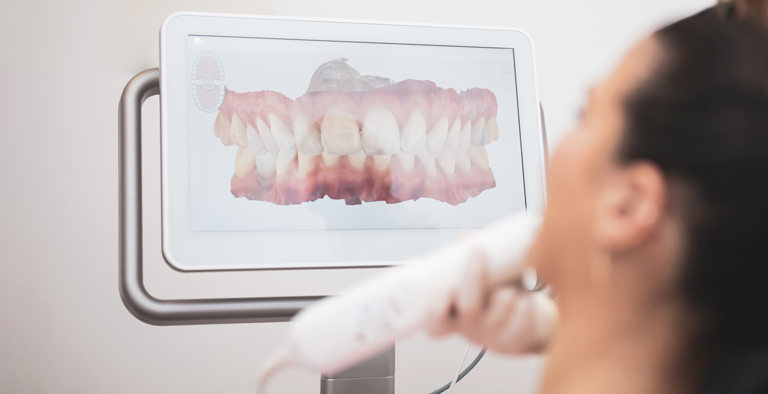Oral cancer includes cancers of the mouth and the back of the throat. Oral cancers develop on the tongue, the tissue lining the mouth and gums, under the tongue, at the base of the tongue, and the area of the throat at the back of the mouth.
In 2019, 47,813 new cases of Oral Cavity and Pharynx cancer were reported in the US, with the disease claiming more than 10,492 lives. In South Dakota, from 2015 to 2019, there were 616 people diagnosed with oral cancer and 114 people died from oral cancer.
Oral cancer's reach is also broadening to include young people with no history of the chief risk factors, tobacco use, or alcohol use. Exposure to HPV is the fastest-growing risk factor for oral cancer, due mostly to the increased spread of the human papillomavirus (HPV) to the oral cavity through sexual activity.
The prognosis depends on when oral cancer is diagnosed and at what stage. Early detection and prevention are key to reducing the morbidity and mortality rate. All dental exams should include an oral cancer exam, consisting of a thorough visual and manual examination of the mouth, lips, gums, cheeks, throat, pharynx, and tongue. People who use tobacco, use alcohol, or are outdoors frequently should learn to do a self-cancer screening since these factors place them in a high-risk category.
Often the initial cancer lesion is painless. If you have any of the following signs that do not resolve or disappear in 14 days, see your dentist:
- A red, white, or red/white speckled patch that doesn't wipe off or go away
- A sore that bleeds easily and won’t heal
- A lump or thickening anywhere in the mouth or neck
- Pain, tenderness, or numbness anywhere in the mouth or on the lips
- A change in the way the teeth fit together
- Trouble chewing, swallowing, speaking, or moving the jaw or tongue.
Before cancer therapy, schedule a dental exam to address any untreated dental problems. The dental clinic will inform you of oral complications that may arise due to chemotherapy or radiation treatment, such as decreased saliva and dry mouth symptoms, that can increase tooth decay. The clinic can offer suggestions for treating mouth sores due to chemotherapy or decreased saliva from head and neck radiation treatments. Using gum or lozenges can increase the amount of saliva and soothe your dry mouth tissue (Avoid sugar-sweetened lozenges such as lemon drops). Numerous artificially sweetened gums, mouth drops, and lozenges available, along with products containing Xylitol are available and better for your oral health.
- See the Cancer Treatment and Oral Health site from the National Institute of Dental and Craniofacial Research for more information.
- CANCER (SDCL 1-43-14) ****Report to South Dakota Cancer Registry; call 800-738-2301; or visit the registry online.
- Three Good Reasons To See a Dentist BEFORE Cancer Treatment - patient pamphlet discusses reasons to see a dentist before cancer treatment, how to protect the mouth during treatment, and advice on when to call the cancer care team about mouth problems; also includes self-care tips
- Chemotherapy Tips for Oral Care
- Cancer Treatments & Oral Health

